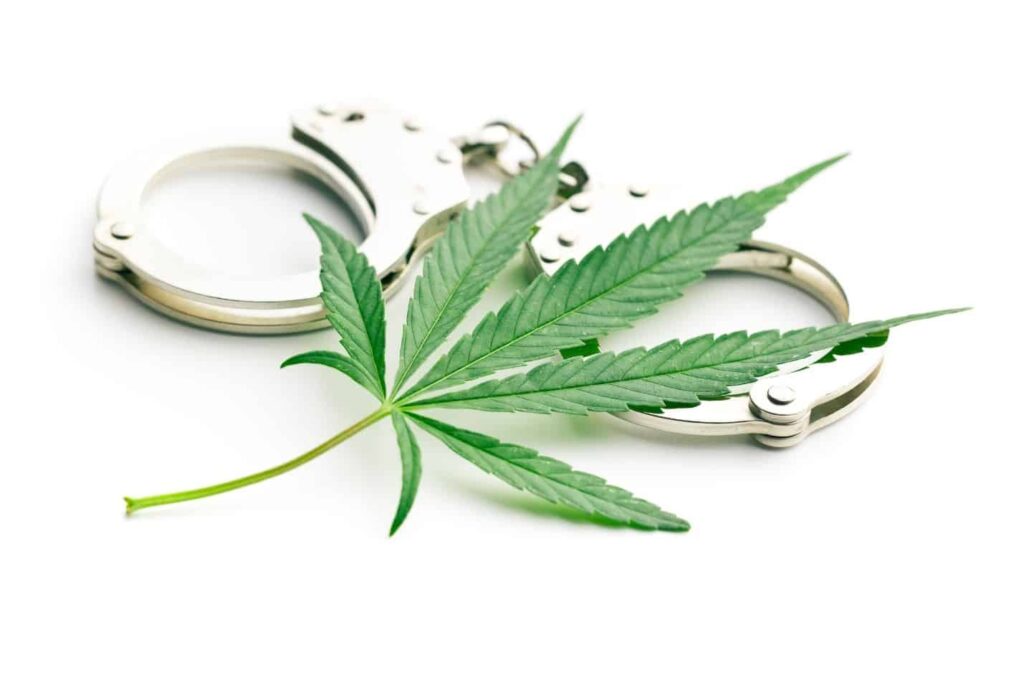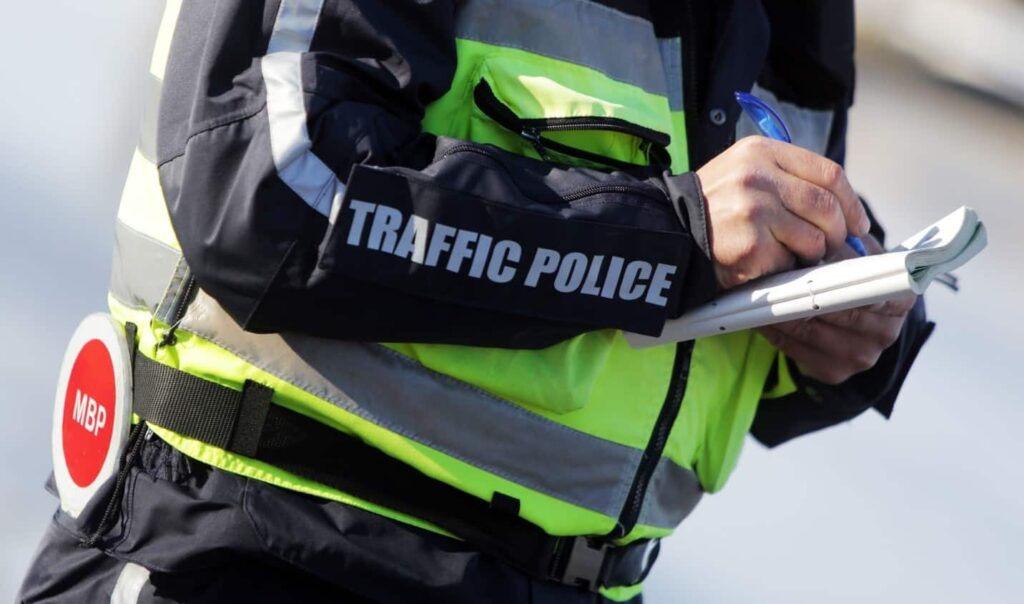Beat Your Denver DUI Charges with Effective Defense Strategies
July 17, 2024

Posted by: Jacob E. Martinez
Category: Drugged Driving | DUI | DUID
DUID is short for “driving under the influence of drugs.” Regardless of legalization laws, it is still a crime to operate a car under the influence of marijuana or any other drug that effects your ability to drive. This can also include prescription drugs.
The Colorado Vehicle Traffic Code contains the laws that deal with drugged driving. Section 42-4-1301(1) states that:
These two provisions outline the conditions under which an individual can be arrested for a DUID incident. Colorado has two standards for arresting drugged drivers: impairment and addiction.
Impairment describes the driver’s physical and mental state. If an arresting officer judges your ability to operate your vehicle as diminished because of apparent drug use, you can be considered impaired. Impairment can refer to a decrease in your mental judgement, motor control, or due care in the operation of your vehicle.
In most cases, an officer may infer this from your driving. For example, say you are prescribed a sedative for anxiety. If your medication had a significant sedative affect, your driving ability could suffer. A police officer could pull you over after seeing you run a stop sign or drift outside your lane.
Even if you are prescribed a medication for a condition, the law prohibits you from driving if that medication diminishes your ability to safely pilot your vehicle. The officer might conduct a field sobriety test or a chemical test, and if you failed you could be arrested for DUID.
The law also prohibits certain known habitual users (referred to as “addicts” by the law) from operating a motor vehicle.
The law mentioned above specifically states that legal use of recreational or medical marijuana is not a defense against accusations of drugged driving.
“The fact that any person charged is or has been entitled to use one or more drugs under the laws of this state, including, but not limited to, the legal or medical use of marijuana shall not constitute a defense against any charge of violating this subsection.”
Specifically, if THC (the active chemical in marijuana) is detected by a blood test in quantities of 5 nanograms or higher, this can be used as evidence against a driver to argue that they were under the influence of marijuana.
Laws against drugged driving specifically prohibit driving under the influence of a “controlled substance.” As you probably figured out from the above example featuring a prescription drug, thouh, this is not limited to wholly illegal drugs like methamphetamines or heroin.
The term controlled substances refers to any substance—drug or chemical component—that is regulated by the government. In addition to illegal drugs, this includes certain prescription drugs and “toxic vapors.” Toxic vapors, in this instance, refer to inhalants like glue or aerosol spray.
Controlled substances include substances regulated by federal law and state law. A full list of federally regulated controlled substances can be found on the Drug Enforcement Administration’s website.
Again, it’s important to remember that it is not an acceptable defense to argue the driver is legally entitled to use the controlled substance, whether it’s recreational marijuana or a prescription medication.
A drugged driver, for all intents and purposes, faces the same penalties as a drunk driver if convicted. For a first offense, this includes a jail sentence of up to one year and a fine of up to $1,000. It also includes license suspension for nine months.
There are a number of other fees and penalties that you will face if you are found guilty of driving under the influence of drugs, including treatment, education, and community service. The Colorado DMV’s website has more in-depth look at the penalties for DUID, DUIs, and DWAI (driving while ability impaired).
Colorado’s progressive marijuana laws should not be cause for you to believe a DUID is a lesser offense, or that the prosecution will go easy on you. You face serious criminal charges and high fines and fees if convicted. Contact a knowledgeable defense attorney to begin crafting the best possible strategy for your case.
About the Author:
Denver-based criminal defense and DUI attorney Jacob E. Martinez is a knowledgeable and experienced litigator with a record of success providing innovative solutions to clients facing criminal charges of any severity. Mr. Martinez has been designated a Top 100 Trial Lawyer by the National Trial Lawyers and has been awarded both the Avvo Client’s Choice Award and Avvo Top Attorney designation, evidencing his reputation for his exemplary criminal and DUI defense work and high moral standard
Jury Trial - Not Guilty
Jury Trial - Not Guilty
Arapahoe 1st Degree Assault/Vehicular Assault
Jury Trial - Not Guilty
Denver Domestic Violence Assault Case
Jury Trial - Not Guilty
Denver D.V. Assault
Jury Trial - Not Guilty
Denver Careless Driving Resulting in Death
Jury Trial - Not Guilty
Jefferson County Felony Menacing
Jury Trial - Not Guilty
Adams County DUI
Jury Trial - Not Guilty
Jefferson County DUI
Jury Trial - Not Guilty
Jefferson County DUI
Jury Trial - Not Guilty
Jefferson Vehicular Assault/DUI
Jury Trial - Not Guilty
Jefferson County DUI
Jury Trial - Not Guilty
Boulder County DUI case
Jury Trial - Not Guilty
Arapahoe County DUI case
Jury Trial - Not Guilty
Adams County DUI case
Jury Trial - Not Guilty
Douglas County DUI case
Jury Trial - Not Guilty
Gilpin County DUI case
Dismissed
Broomfield County Probation Revocation case
Dismissal
Arapahoe County DUI case
Deferred Judgment
Arapahoe County DUI case
Deferred Judgment
Douglas County DUI case
Deferred Judgment
Larimer County DUI case
Deferred Judgment
Arapahoe County DUI Case
Deferred Judgment
Denver Felony Burglary Case
Deferred Judgment
Arapahoe County DUI case
Dismissed
Arapahoe County Protection Order Case
Dismissed
Golden Destruction of Property case
Dismissed
Jefferson County Protection Order case
Dismissed
Jefferson County Domestic Violence case
Dismissed and Sealed
Jefferson County DUI case
Dismissed
Denver Major Traffic Offense case
Dismissed and Sealed
Broomfield County Domestic Violence case
Dismissed
Summit County DUI Revocation
Dismissed
Denver DUI Revocation
Dismissed
Denver DUI Revocation
Dismissed
Denver DUI +.2 Involving Accident and Injury case
Dismissed
Denver DUI/Habitual Traffic Offender case
DISMISSAL
Denver District Aggravated Theft
Dismissed
Greenwood Village Assault case
Dismissal
Elbert County DUI
Dismissed
Arapahoe County Domestic Violence case
Dismissal
Jefferson County DUI
Dismissal
Denver Municipal Assault
Dismissed
Boulder County Domestic Violence Assault case
Dismissed
Wheat Ridge Assault case
Dismissed
Jefferson County DUI case, with 2+ Prior Convictions
Dismissed
Arapahoe County Domestic Violence case
Dismissed
Broomfield County Domestic Violence case
Dismissed
Arapahoe County Felony Theft case
Dismissed with No Charges Filed
Jefferson County Felony Theft case
Dismissed
Boulder County Felony Theft case


